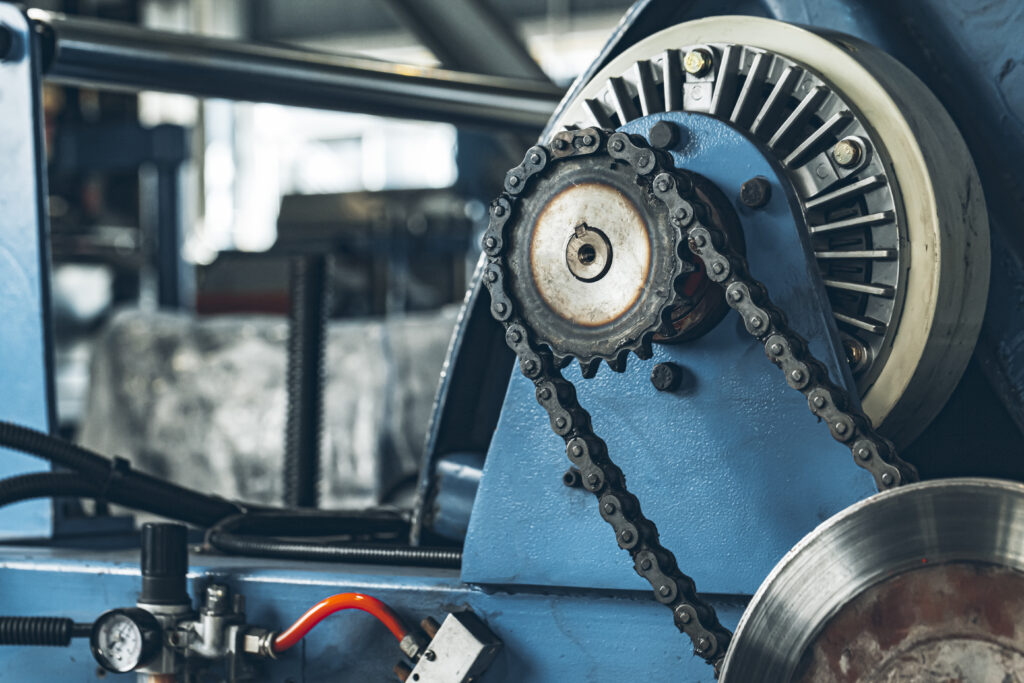Ester vs Mineral Lubricants: Which Is Right for High-Temperature Chains?

When it comes to lubricating high-temperature chain systems — like those found in automotive paint shops, textile stenters, and packaging ovens — the choice of lubricant isn’t just about cost. It’s about performance, reliability, and long-term protection. Two primary contenders in this space are mineral oil-based lubricants and ester-based synthetic lubricants. So, which one truly delivers when the heat is on?
Understanding the Basics
Mineral lubricants are refined from crude oil and are widely used due to their affordability and decent performance in standard conditions. Ester lubricants, on the other hand, are synthetic fluids chemically engineered for high-performance environments. Derived from organic acids and alcohols, esters bring tailored benefits to specialized applications.
Performance Under Heat: Who Wins?
One of the biggest challenges with high-temperature chains is oxidation and carbon deposit formation. Mineral oils tend to degrade quickly at elevated temperatures (above 180°C), leading to residue build-up, increased friction, and ultimately, equipment failure. This results in:
- Frequent relubrication
- Chain wear and elongation
- Production halts for cleaning and maintenance
Ester-based lubricants, however, are built for heat. With naturally high thermal stability and low evaporation loss, they maintain viscosity and film strength even at continuous temperatures of 220–250°C. Their clean-burning nature also means less carbon residue — a major plus for chain life and plant hygiene.
Why Ester-Based Lubricants Make Sense
- ✅ High Viscosity Index (VI): Stable across a broad temperature range
- ✅ Clean Chain Performance: Minimal sludge, varnish, or carbon
- ✅ Extended Lubrication Intervals: Fewer shutdowns, higher productivity
- ✅ Biodegradable Options: Environmentally safer than mineral counterparts
- ✅ Energy Efficiency: Lower friction = lower power consumption
Conclusion: The Clear Winner for Heat
For industries pushing chains through extreme temperatures daily, ester-based lubricants are the superior choice. While mineral oils may offer short-term cost savings, ester lubricants provide long-term value through reduced wear, fewer maintenance stops, and extended chain life. In high-temp environments, choosing ester is choosing performance, reliability, and peace of mind.
